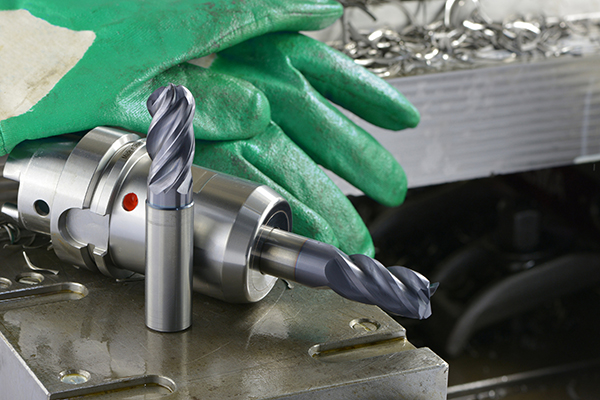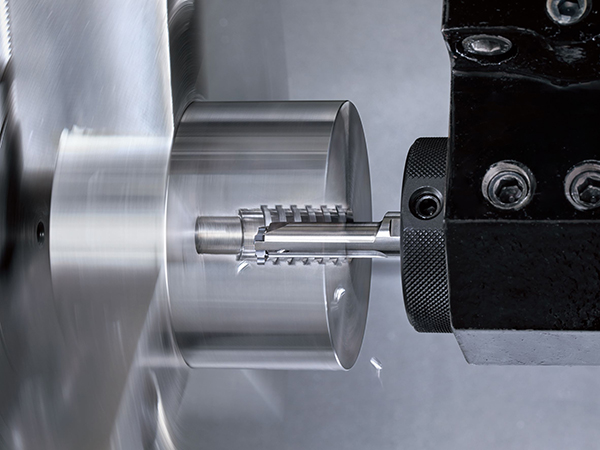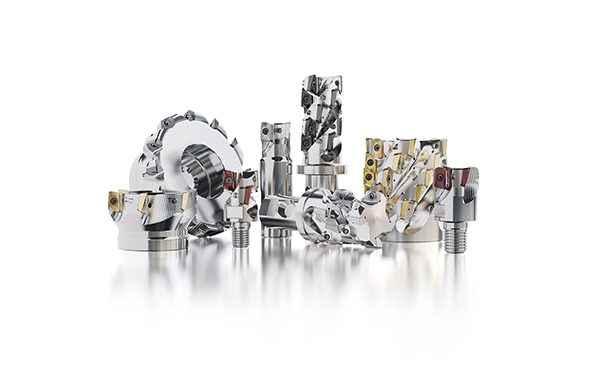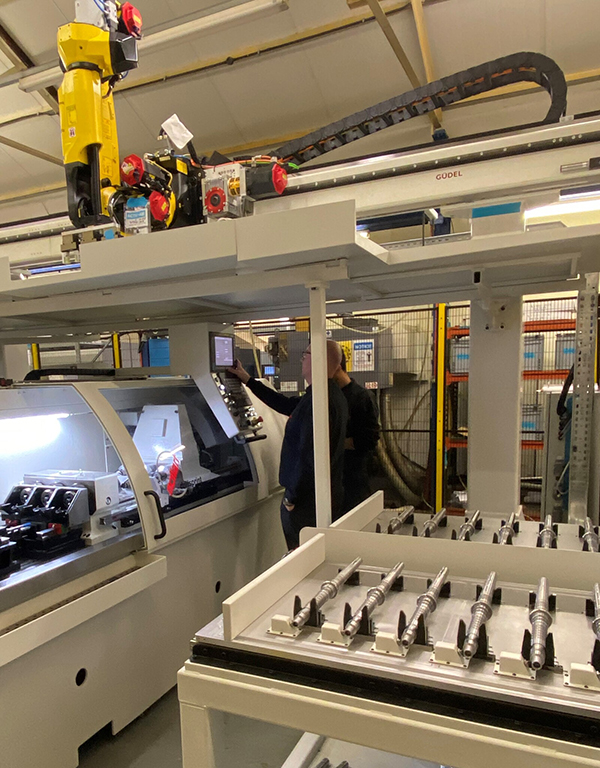
Manufacturers looking for versatility and precision in machining can pair up Seco Turbo 16 square-shoulder milling cutters and Helical Turbo 16 milling cutters to reduce tooling inventories and costs. According to Seco Tools, both series offer high material removal rates in steel, stainless steel, cast iron, non-ferrous metals, superalloys and titanium. Scannable data matrix tags on the cutter inserts store product and batch information that the new Seco Assistant app can read.
Versatile Turbo 16 square-shoulder milling cutters deliver outstanding results and process security with exceptional ramping capability, reports Seco. Optimised insert pocket angles enhance the cut and deliver high surface finishes. With a high helix angle for smoother workpiece entry and exit, these cutters also feature efficient chip evacuation, while lower cutting forces reduce power consumption, tool wear and noise levels.
“Manufacturers can achieve production efficiencies and enhance machining performance with these tools in virtually any material,” says Michael Davies, global product manager – square-shoulder milling. The eco-friendly design uses corrosion-resistant steel with no nickel coating.
Next-generation Helical Turbo 16 milling cutters combine performance with ease of use, benefiting from a comprehensive range of Seco insert grades and geometries for high material removal rates (MRR) and extended tool life. The company says that larger cuts and higher feeds reduce cycle times and accelerate production, with optimised coolant channels, flutes and cutting rakes for stable machining and optimal chip formation.
“These features produce smoother cuts, longer tool life and more process reliability for faster production,” confirms Benoît Patriarca, global product manager – helical milling. “Helical Turbo 16 uses fewer inserts than equivalent tools that provide the same MRR.”
For further information
www.secotools.com























